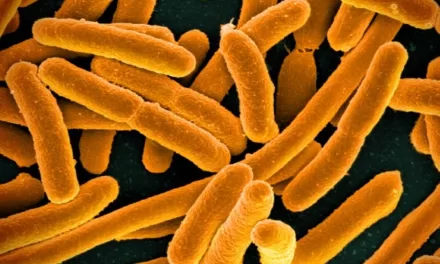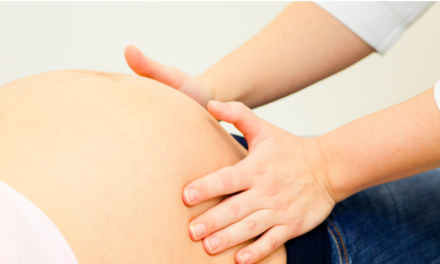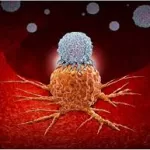TOPLINE: Exposure to extreme heat in dry environments poses a notable risk to older adults’ kidney function, even when they remain hydrated. Research highlights that while kidney biomarkers like creatinine and cystatin C increase modestly in young adults under similar conditions, the effects are more pronounced in older populations.
METHODOLOGY: Heat-related illnesses, particularly affecting kidney function, are a growing concern during heat waves, which contribute to higher hospital admissions. In a recent study led by Dr. Zachary J. McKenna from the Department of Internal Medicine at the University of Texas Southwestern Medical Center, researchers examined the impact of extreme heat on kidney biomarkers in a controlled setting. The study involved 20 young adults (ages 21-39) and 18 older adults (ages 65-76) from the Dallas-Fort Worth area.
Participants were subjected to heat exposure in two scenarios: a dry setting at 47°C (116°F) with 15% relative humidity and a humid setting at 41°C (105°F) with 40% relative humidity. They engaged in light physical activity and consumed water at a rate of 3 mL/kg body mass per hour. Blood samples were collected at baseline, at the end of the heat exposure, and 2 hours after exposure.
Plasma creatinine was the primary outcome measure, with a change of ≥ 0.3 mg/dL deemed clinically significant. Cystatin C served as the secondary outcome.
TAKEAWAY: In the dry setting, older adults exhibited a significant increase in plasma creatinine levels from baseline to end-heating (0.10 mg/dL; P = .004) and 2 hours post-exposure (0.17 mg/dL; P < .001). Plasma cystatin C levels also rose, with increases of 0.29 mg/L (P = .01) at end-heating and 0.28 mg/L (P = .004) at 2 hours post-exposure.
Conversely, in the humid setting, older adults only saw a modest increase in creatinine levels (0.06 mg/dL; P = .01) from baseline to 2 hours post-exposure. Young adults, on the other hand, did not experience significant changes in cystatin C levels but showed a slight increase in creatinine levels (0.06 mg/dL; P = .004) after 2 hours of heat exposure.
IN PRACTICE: The study suggests that extreme heat, particularly in dry conditions, can exacerbate kidney function decline in older adults. The findings emphasize the importance of monitoring and mitigating heat exposure for vulnerable populations.
SOURCE: This research, published online in JAMA, was supported by the National Institutes of Health and the American Heart Association.
LIMITATIONS: The study’s limitations include the use of plasma-based markers, a short laboratory-based exposure period, and a small sample size, which may impact the broader applicability of the findings.
DISCLOSURES: Funding for this study was provided by the National Institutes of Health and the American Heart Association. Several authors disclosed receiving grants and nonfinancial support from various sources.











